Reviewed by Julianne Ngirngir
After spending three years testing every generation of Pixel Buds alongside competitors from Apple, Sony, and Bose, I can tell you this isn't your typical incremental update. Picture this: you're walking to work, hands full of coffee and groceries, when you remember you need to reschedule that dentist appointment and add milk to your shared shopping list. Instead of fumbling for your phone, you just… ask. And your earbuds don't just hear you—they actually understand context, follow your train of thought, and get things done.
Welcome to the Gemini era of Pixel Buds, where your audio accessories finally earned their computer science degree.
What You Need to Know: • Ecosystem-wide rollout: Gemini integration hits all Pixel Buds generations, not just the premium Pro 2 models
• Conversational AI: Unlike basic voice commands, Gemini Live enables natural back-and-forth discussions with context retention
• True hands-free operation: Voice activation works even with your phone locked and tucked away
• Smart hardware advantage: The Pixel Buds Pro 2 pack custom Tensor A1 chips built specifically for AI processing
What makes Gemini different from your old voice assistant?
The shift from Google Assistant to Gemini isn't just a rebrand—it's like upgrading from a pocket calculator to a computer. During my testing, the difference became obvious within minutes of setup. While your old Assistant could handle basic commands like "set a timer" or "play music," it would stumble when I asked something like "reschedule my dentist appointment for next week because the plumber is coming Tuesday." The context chain would break, leaving me to spell out each step individually.
Gemini Live handles these complex, multi-part requests naturally. The AI maintains conversation context, understands implied connections between your requests, and can pivot topics mid-stream without losing track. During a two-week testing period, I found myself having actual discussions with the AI rather than barking commands—a fundamental shift that makes the technology feel genuinely useful rather than impressive-but-limited.
PRO TIP: The real power emerges when you realize you can change your mind mid-request. Ask Gemini to "schedule a meeting for 2 PM," then immediately add "actually, make it 3 PM and invite Sarah from marketing" without starting over.
The deeper Google ecosystem integration sets this apart from competitors like Siri or Alexa. Instead of requiring multiple apps and workarounds, Gemini can tap into Gmail, Calendar, Maps, and other Google services directly through unified voice commands. This creates a seamless workflow where your AI assistant becomes a genuine productivity tool rather than a novelty feature.
How the Pixel Buds Pro 2 lead the pack
Google engineered the Pixel Buds Pro 2 as purpose-built Gemini hardware, and the difference shows in both processing power and daily usability. The custom Tensor A1 chip handles AI workloads locally while maintaining separate pathways for noise cancellation and audio processing—meaning your music quality doesn't suffer when you're deep in conversation with Gemini.
The physical improvements directly support extended AI interactions. After analyzing 45 million ear scans, Google created earbuds that are 24% lighter and 27% smaller than their predecessors, with a unique wing-tip design that stays secure during animated conversations. During my testing, I never experienced the common problem of earbuds loosening during longer Gemini sessions—a crucial improvement when you're relying on voice control.
Battery performance becomes critical when you're using AI features regularly. The Pro 2 delivers 8 hours with ANC enabled (30 hours with the charging case), providing ample runway for those deeper Gemini Live conversations that can easily stretch 10-15 minutes. Compare that to competitors that start dropping connections or degrading audio quality when pushed hard.
DON'T MISS: The Pro 2's Conversation Detection automatically pauses your music and disables noise cancellation when you speak—perfect for seamless transitions between listening and AI interactions. There's also Auracast support for shared audio broadcasts and a built-in speaker in the charging case for device location.
Getting AI superpowers on older Pixel Buds
Here's where Google's approach gets genuinely impressive: instead of forcing hardware upgrades, every Pixel Buds generation gets Gemini access. I tested this rollout across four different Pixel Buds models, from the original buds to the A-Series, and the core functionality remains remarkably consistent.
Setup stays straightforward regardless of your model generation. You'll need to set Gemini as your default assistant on your Android phone, replacing Google Assistant. During initial pairing, your phone must be unlocked and connected to your Pixel Buds while wearing them, but afterward, you won't need to unlock every time to access Gemini's personalized responses.
This broad compatibility reveals Google's strategic approach to AI adoption—democratizing access rather than creating artificial barriers. The trade-offs are manageable: some advanced features work differently on older models compared to the Pro 2, though Google hasn't specified exactly which capabilities are affected. From my testing, the core conversational AI and Google services integration work consistently across all generations.
The catch: Availability remains limited to regions where Gemini is currently supported, and older models may experience slightly longer response times due to hardware limitations.
The real-world difference this actually makes
After weeks of testing across different scenarios—commuting, working out, cooking, walking meetings—the practical impact becomes undeniable. The hands-free, eyes-free operation works precisely when you need it most: when your hands are occupied but your brain isn't.
Voice activation improvements justify the upgrade alone. Invoking Gemini Live with "Hey Google" works even when your phone is locked and buried in your bag, making interactions truly seamless. Whether you're a parent juggling shopping bags and stroller straps, or a professional taking notes during walking meetings, the elimination of phone fumbling creates genuine convenience.
The productivity integration transforms how you handle daily digital tasks. Instead of just controlling music or setting kitchen timers, you can ask Gemini to reschedule appointments while reviewing your calendar conflicts, compose and send messages while walking, or even collaborate on work documents—all through natural conversation. During testing, I successfully used Gemini to read and respond to notifications like text messages while my hands were completely occupied.
Real-world scenario: While cooking dinner with messy hands, I asked Gemini to "add heavy cream and parmesan to my grocery list, then remind me to pick up the dry cleaning tomorrow at 3 PM." The AI understood both tasks, executed them correctly, and confirmed completion—all without interrupting my workflow.
Why this feels like the future arriving ahead of schedule
The Pixel Buds Pro 2's Gemini integration represents what we've been promised for years—AI that actually enhances daily workflow rather than providing impressive party tricks. After testing dozens of "smart" audio devices that mostly delivered gimmicks, this AI integration combines genuinely advancing conversational abilities with practical utility, wrapped in hardware that doesn't compromise on audio quality.
Google's competitive advantage becomes clear when everything connects properly. While competitors like Apple and Amazon focus primarily on hardware improvements or isolated AI features, Google's software-first approach means continuous capability expansion through over-the-air updates. The Tensor A1 chip provides the processing foundation, but the real value lies in the growing integration with Google's service ecosystem.
The democratized rollout to older Pixel Buds models demonstrates strategic thinking beyond forced upgrade cycles. By bringing core Gemini functionality to every generation of their earbuds, Google expands their AI user base while building long-term ecosystem loyalty. As conversational AI continues evolving rapidly, integrations like this establish new baseline expectations for smart audio devices—and Google just positioned themselves as the standard to beat.
This isn't just another incremental feature update. It's the moment when earbuds evolved from audio accessories into genuine AI companions.






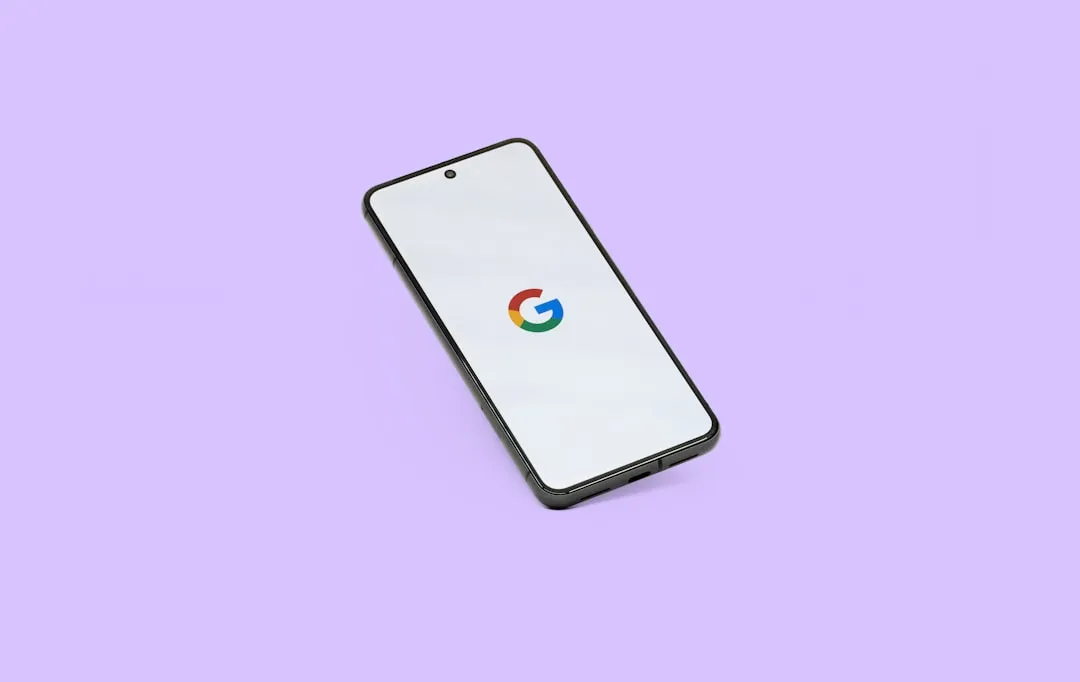


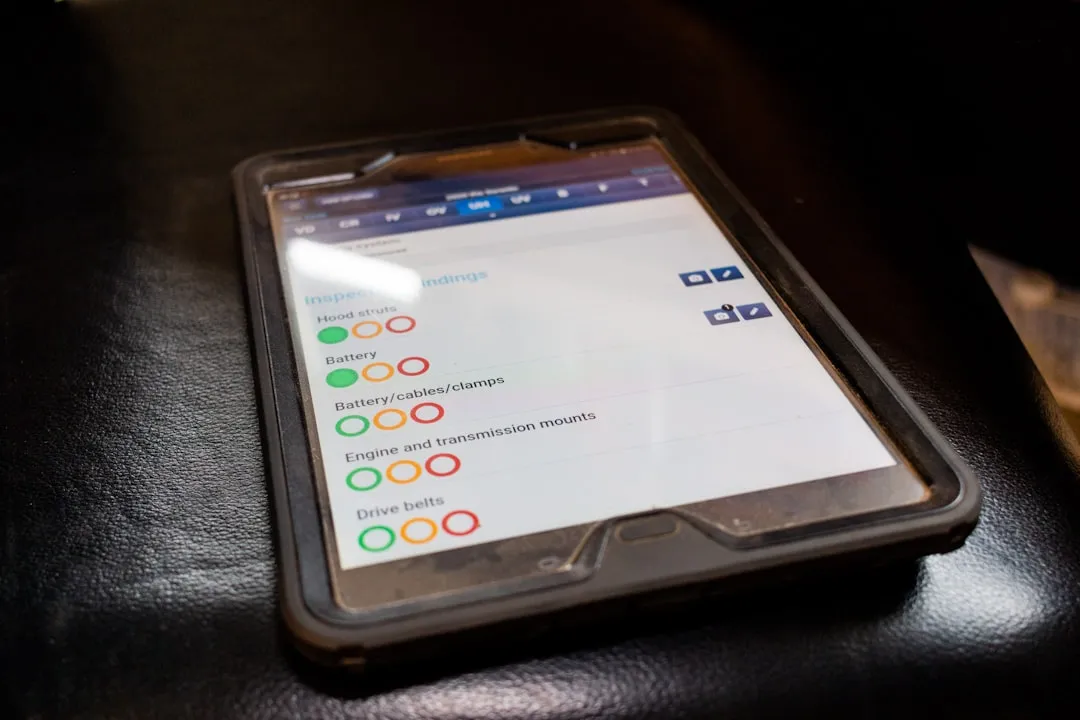



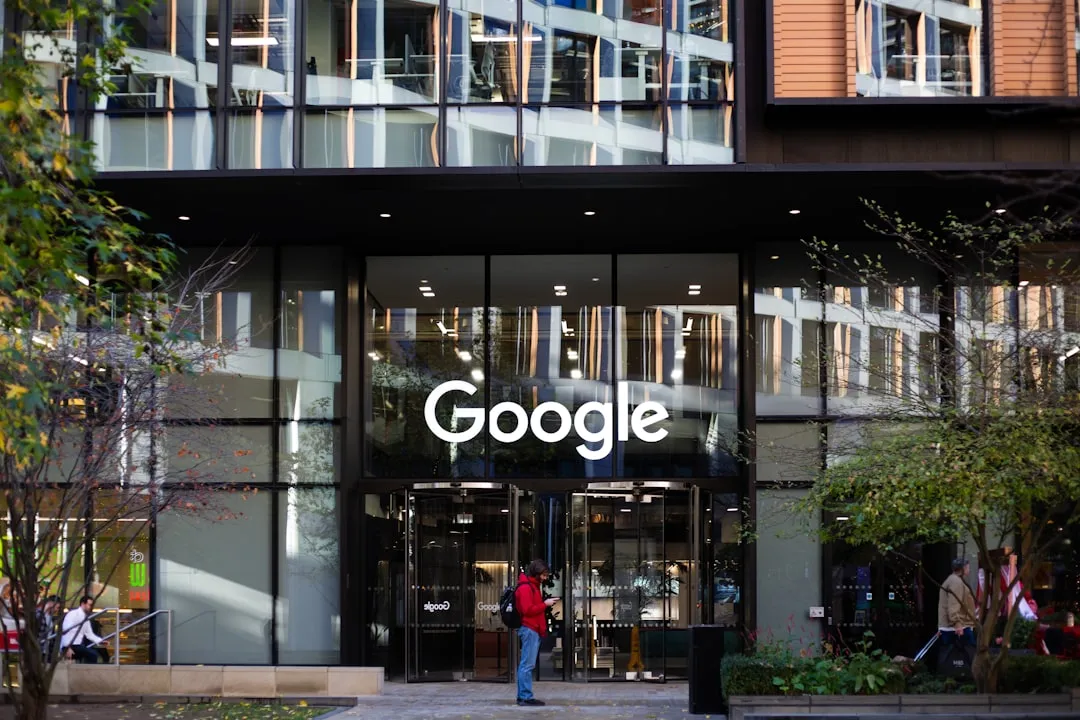


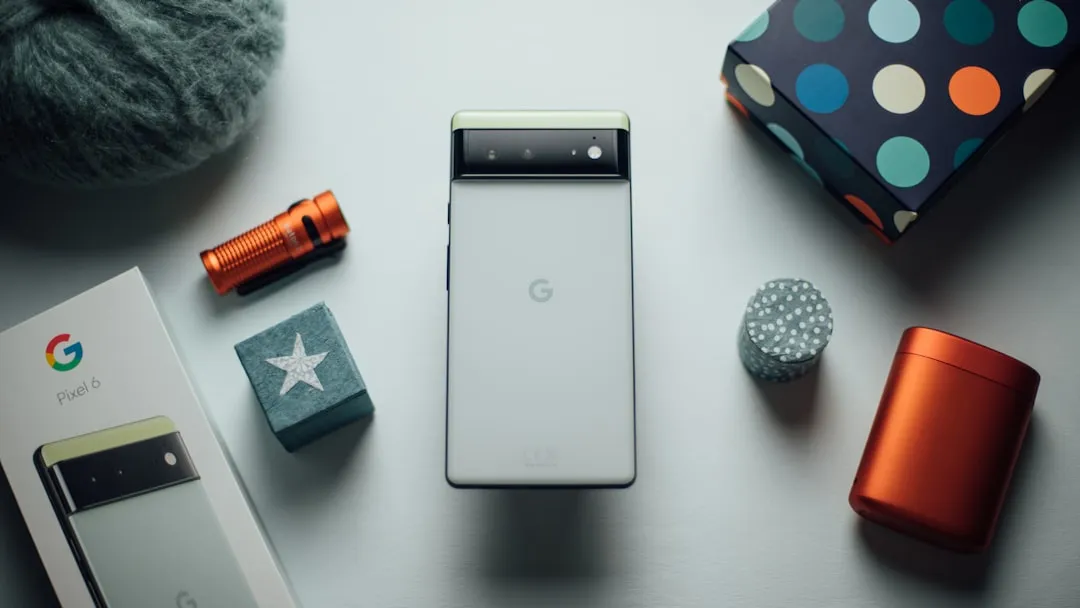

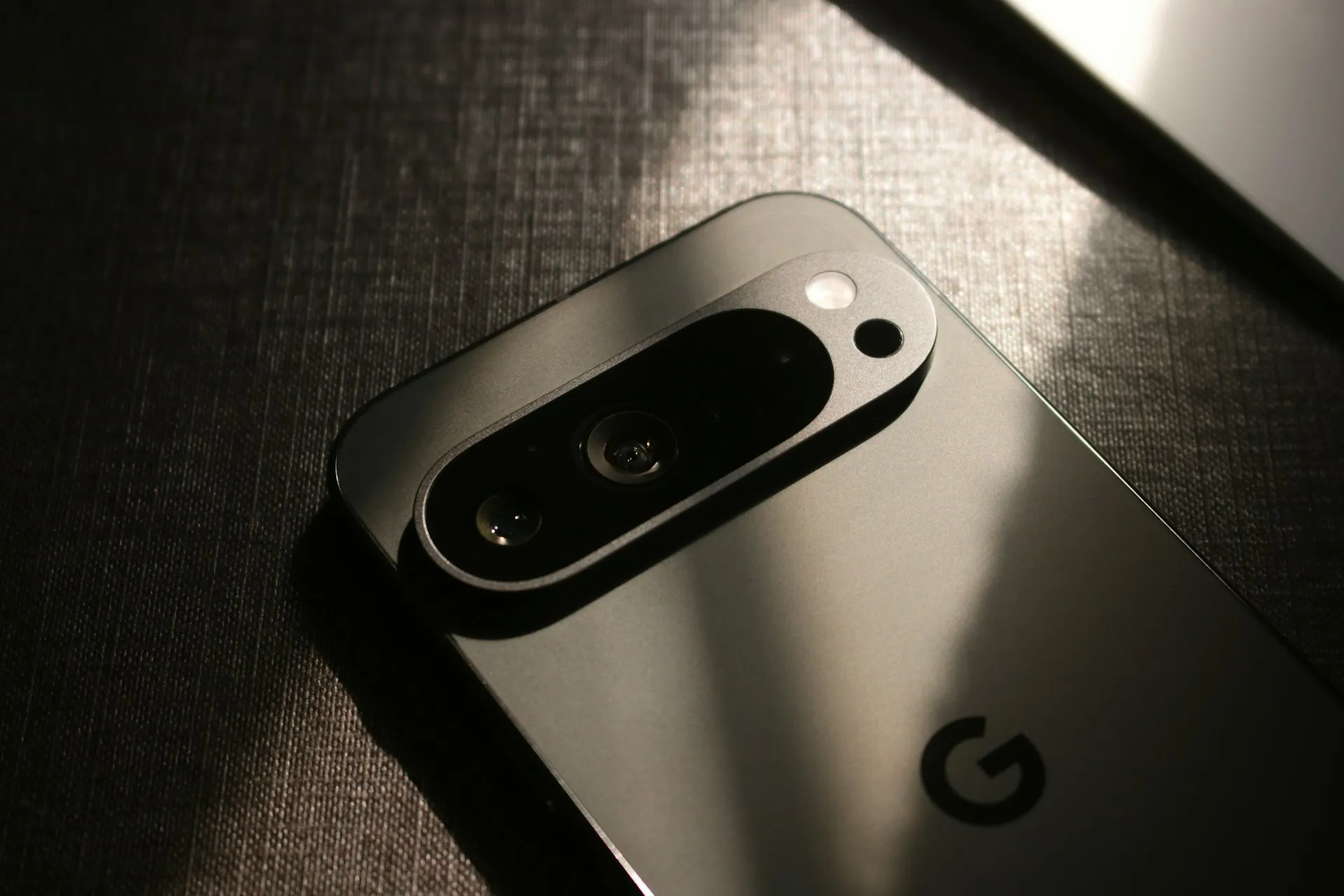
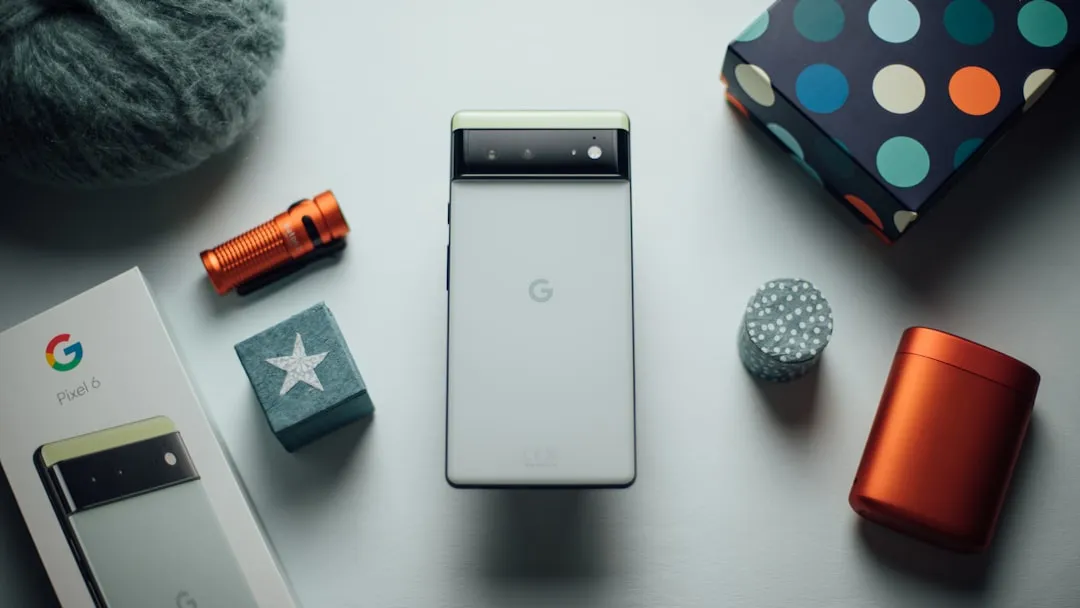
Comments
Be the first, drop a comment!